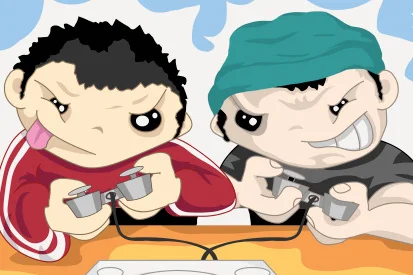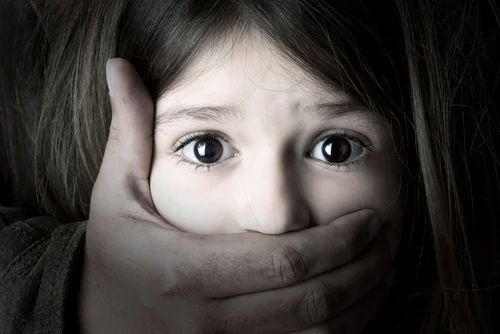+1 845 259 2974 (11 a.m to 7 p.m CST)
Violent Video Games For Teens: Rush to the head

The argument of whether video game violence has adverse effects on the impressionable minds of young people has been going on forever. An equal number of researches and studies too have been conducted to prove either side of this argument. So far both the sides have come up with counter arguments to deter each others efforts to stop or promote violent video games, and it is up to a parent to decide the kind of teenager you want to live with.
In 2011, the Supreme Court overturned a State of California ban on violent video games, arguing that video games of all genres were protected by the First Amendment, and since there is so far no substantial evidence that games like Grand Theft Auto, Postal and Call of Duty really are as harmful to people as suggested. However, the discovery of graphically violent video games at the home of mass murderer Adam Lanza, last December have reignited the debate over violent video games all over again. Adam Lanza's hit the public eye when he fatally shot 20 children and 6 adults at the Sandy Hook Elementary School in Newtown, Connecticut.
The precision with which Lanza executed the massacre at Sandy Hook Elementary School has led many experts to consider if Lanza was re-enacting his favorite video game "Call of Duty," in real life. Call of Duty is one of the best selling video games of all times and sold more than 160 million games since it hit the market.
Action against violent video games?
Where evidence about the effects of violent video games is concerned, the irony is that scientists supporting both the sides of the arguments are looking at the same thing to get answers, but both are seeing two different things, and thus the continuous confusion.
However, recently a social psychologist, Brad Bushman of the Ohio State University conducted an experiment which could lead to a few clear answers. The research was conducted on teenage college students. Subjects were divided into two groups: one group was made to play violent games, while the other was made to play non-violent games. The researchers then measured the mood and feelings of both the groups by showing them violent images and realized that students who had played violent games did not respond accordingly to violent images. Playing violent games had desensitized them towards violence.
In the light of this research, Bushman believes that violent video games may not turn your teenager into a psychopathic killer, however it does increase aggression and violence in their attitude, the American Psychological Association supports the same hypothesis after conducting their own fair share of studies into this matter.
The American Psychological Association also revealed that teenagers who play violent video games frequently tend to be less caring and more hurtful towards their family and friends.
Another torch bearer in this regard is the National Institute on Media and Family, which says that teenage brains are experiencing growth spurts, which makes them very impressionable. When such minds are exposed to graphic violence, it activate their anger center and numbs the brain's "conscience." Therefore, limiting the amount of time your teen spends playing video games can dramatically decrease aggression in their behavior.
So, while officially the debate goes on about the psychological effects of violent video games on kids, you, as a parent can make up your mind about the attitude of your kids after playing these games and take precautions accordingly.
























